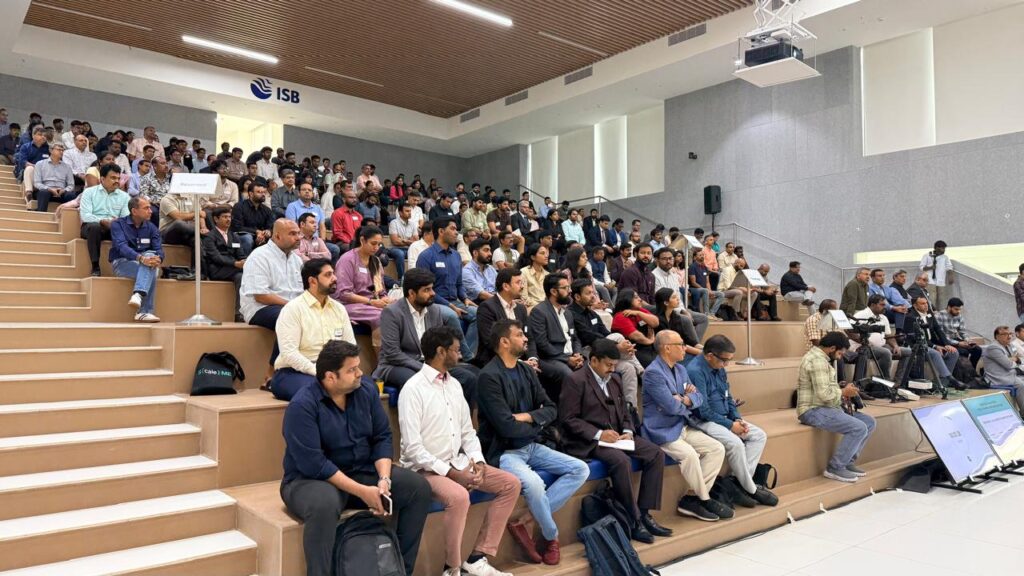Becoming the tenth entrant to this year’s Unicorn list, Hasura has raised $100 million in a fresh funding round. These funds will go towards R&D, expansion, and hiring.

Series C Funding Round – Unicorn Maker
Announcing the raise of $100 million through their Series C round, Hasura has become the latest unicorn on the block. This round was led by Greenoaks. Moreover, Lightspeed”s growth arm, Vertex, Nexus, and Strive also participated in this round. With a valuation of $1 billion, Hasura aims to build a lasting infrastructure company for developers. Having built a sustainable OSS project and a business around it, Hasura has grown ~4x growth. With ~10x growth on the managed cloud service, they intend to enhance and solve data access issues for emerging use-cases.
On the community front, they aim to accelerate response time, expand use-cases, and educate the community. On the Product front, increase momentum, innovate, and prioritize continuous release channels. Further on the Sales front, onboarding large enterprises will be prioritized. Something exciting that’s in the pipeline is the Hasura Cloud Edge which focuses on delivery and features around caching & security. Moreover, a user-friendly MOAR database to extend the Hasura GraphQL Engine project for non-Haskell users.
Hasura’s total fundraise stands at $136.5 million. Hasura plans to deploy the fresh capital towards accelerating research and development. They also plan to expand globally for the company’s GraphQL Engine. With 48 employees in India, a portion of the capital will towards the Indian branch. This will go towards building local engineering and product teams.
Further, Hasura has announced that it’s hiring across multiple job roles. And they intend to enable mission-critical applications in data-driven journalism, telehealth, electric car companies, modern manufacturing and logistics, space technology, and more.
Darwinbox: “A UNICORN”! – Start-Up Hyderabad (startuphyderabad.com)

Thoughts on the Funding
“Over the last few years, we’ve worked closely with our users and customers to address a massive gap in delivering and consuming data via an API standard that developers love – GraphQL. With this funding round, our investors and the Hasura team are doubling down on our vision to solve data access and unlock the next decade of developer productivity. We’re going to be addressing the needs of our users by adding support for their favorite data systems much faster,” says Tanmai Gopal, CEO, Hasura.
Neil Shah, Partner, Greenoaks, says that since the launch of their GraphQL engine in 2018, Hasura has witnessed massive uptake across organizations ranging from grassroots open-source projects to some of the largest companies in the world. “The common thread is substantial to improvements in developer productivity and decreased time to market for mission-critical applications. Now, Hasura Cloud has taken this a step further, truly democratizing GraphQL, and letting anyone access their data with speed and simplicity,”

Hasura – Speeding Up Web App Development
Hasura, founded in 2017 by Tanmai Gopal and Rajoshi Ghosh is a SaaS company. With a vision to make data access easy, Hasura instantly composes a GraphQL API that is backed by databases and services. This allows the development team to get productive immediately. Therefore, this makes integration and iteration easy. Data and event delivery are the biggest problems in the cloud framework. They aim to solve this through their product.
Based in Bangalore and San Fransisco, Hasura’s name comes from a unique combination. It comes from Asura (demon) for computer programs and Haskell for functional programming language. Hasura offers a host of solutions designed to make web application development faster. Having been open-source since July 2018, thousands of developers have built modern applications using it.
The Hasura GraphQL Engine gives an instant, real-time, high-performance GraphQL on any existing or new Postgres application. Additionally, it also includes an event trigger system to build serverless apps. Hasura automates the repetitive work involved in mapping models to APIs. It optimizes performance and eliminates common access patterns like pagination, filtering, setting up authorization rules, etc. Claiming to have been downloaded over 400 million times, Hasura has seen explosive adoption.









